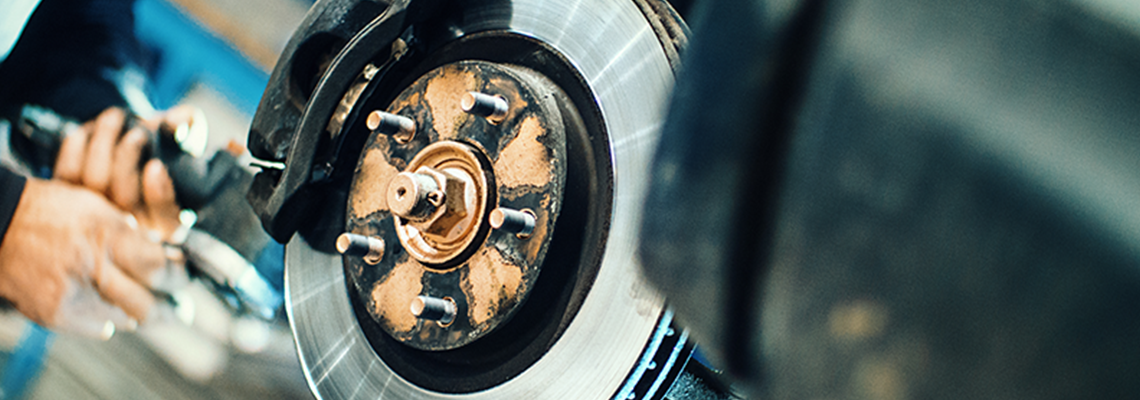An essential component of appropriate vehicle maintenance is brake servicing. When you maintain your brakes, they will look after you when you most need them. However, even with routine maintenance, your car’s brakes might need to be inspected and serviced by a professional if you experience one or more brake problems.

Warped Brake Rotor
You might have a warped brake rotor if you notice vibrations in the steering wheel or the brake pedal. It is due to uneven contact between the brake pads and the rotor. It causes brake fluid pressure to fluctuate. Because brake rotors are attached to the same spindle as the wheels, the vibrations can travel to the wheels, calipers, and steering wheel. Fortunately, you will be aware of these warning signs and can schedule brake services Corpus Christi, TX, before it is too late.
The problem is often worsened when driving downhill. While driving downhill, drivers tend to use brakes to control speed. Unfortunately, even the best brake rotors eventually wear down and warp. However, this problem can be avoided by following proper driving practices and regularly inspecting your vehicle.
Warped brake rotor symptoms may be hard to notice with the naked eye. One of these is vibration in the brake pedal, which can occur with light pedal pressure or slowing down from a higher speed.
Blue Marks on Brake Rotors
When blue marks appear on brake rotors, it’s time to get your brakes checked. In addition, this is a good time to replace any defective brake components to avoid more serious problems. Check rotors with a flashlight; if they have a blue tint, they should be replaced immediately. It would help if you also replaced the brake pads with ceramic ones to increase their heat dissipation capacity and prevent more serious problems.
Typically, blue marks on brake rotors mean that your brake pads are not meeting the rotor properly. Suppose you’re experiencing brake pedal pulsations or jerking when braking. The rotors may be overheated. It can cause your brake pads to become hardened, slowing your car down.
Another sign that brakes need replacement is a screeching sound. It is not normal and can spread to the steering wheel and suspension. If the noise continues, the rotors might be warped or glazed.
Squeaking Noise
You should take your car to a mechanic if you hear a squealing noise from your brakes. This noise is usually a sign that brake pads are wearing down. In addition, the rotors may be rusty. Squeaking noise may also be caused by a seized or sticking caliper.
While you can try to fix the brake noise yourself, taking your car to a mechanic for an evaluation is recommended. You might have brake issues if the noise is constant and gets worse. Fortunately, there are several simple things that you can do to fix it, including changing brake lubricant. However, if the noise worsens, it’s time to have the brakes replaced.
Brake noise is the most common type of noise a customer will hear when they apply their brakes. However, it can also be caused by worn brake pads or uneven rotor wear. It may also result from loose brake pads or corroded brake shims.
ABS Warning Light
If your ABS warning light is on, there’s a problem with your braking system. If your brakes aren’t working as well as they should, you should immediately check the brake fluid. This fluid is needed to keep the brakes from locking up or losing power. Unfortunately, the brake pads can wear down over time and even stop working altogether. In this case, you’ll need to get your car fixed or repaired.
Another common ABS warning light symptom is the brake pedal sinking. Again, this is a problem with the ABS, which is required for traction and stability control. ABS warning lights come on for two reasons: first, they illuminate to test the system’s effectiveness. Second, they come on when the braking system has a problem and requires repair.
If you notice that your ABS warning light is on, take your car to a mechanic right away. There could be a problem with the brake pads or brake fluid itself. It could also be a faulty ABS module. In this case, you should replace your brakes.
